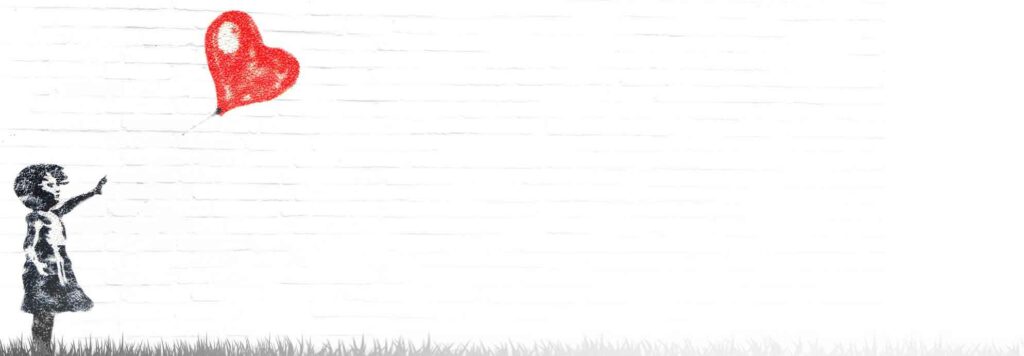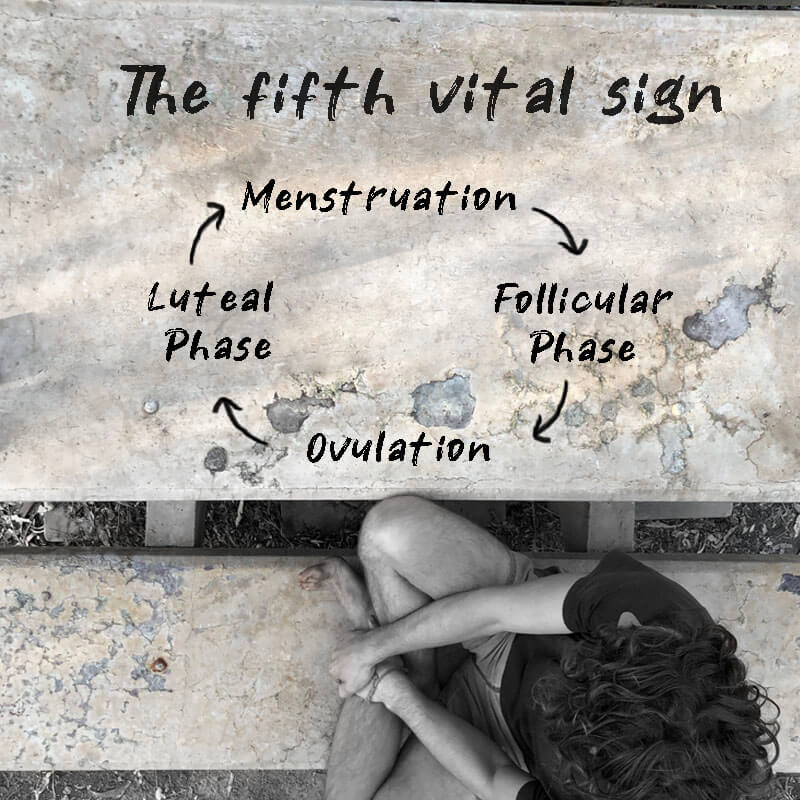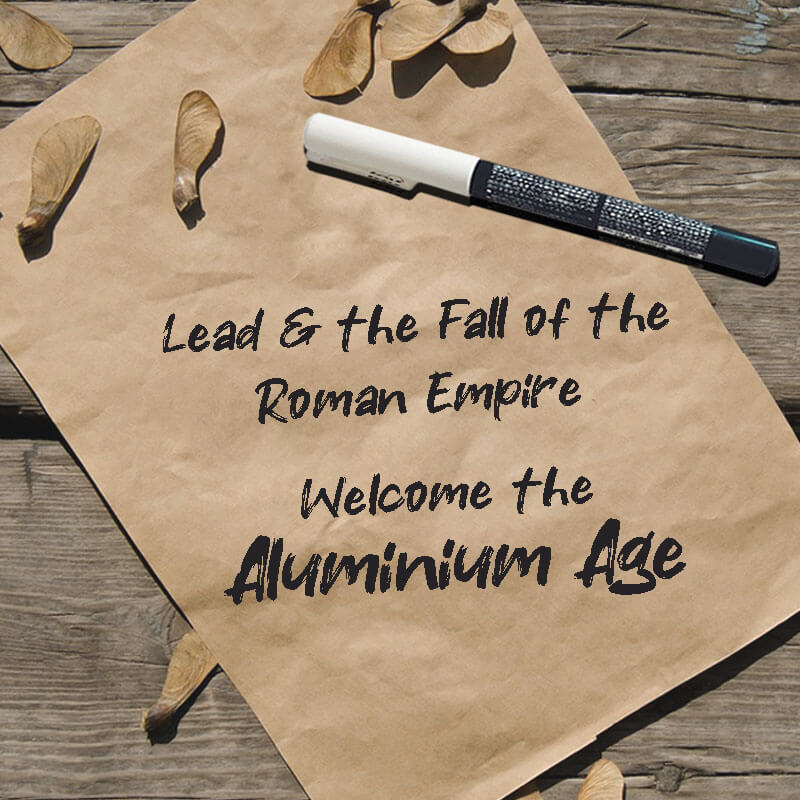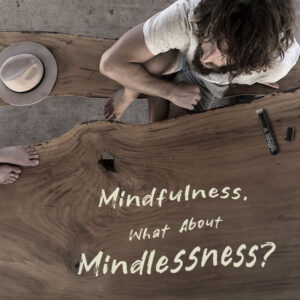In the realm of modern self-help and personal development, the term ‘mindfulness’ has gained immense traction. At its core, it is the practice of being entirely present, fully engaging with whatever we’re undertaking at that moment without judgement. While this is generally commendable, reflection on the term brings forth a question: if being mindful implies a mind that’s ‘full’, isn’t that in opposition to what many seek — a decluttered, unburdened mind?

From a societal viewpoint, mindfulness is often hailed as virtuous, while mindlessness tends to be viewed unfavourably. But why such contrasting perceptions? Could this very distinction be the core issue many grapple with?
I suggest that embracing mindlessness is not only virtuous but also vital for health. To probe further into this seeming contradiction, I’d like to consider the teachings of the esteemed spiritual teacher, Eckhart Tolle, and align them with a timeless quote from the martial arts legend, Bruce Lee.
Eckhart Tolle and the ‘Full’ Mind
Eckhart Tolle, in his transformative works like “The Power of Now” and “A New Earth”, frequently speaks about the profound peace and clarity that arise when we distance ourselves from the incessant chatter of our minds. To Tolle, the concept of a ‘full’ mind is the very antithesis of true awareness. The essence of his teachings centres around being in the present moment, free from the clutches of our thoughts, judgments, and anxieties.
It’s interesting, then, that the term ‘mindfulness’ has been chosen to represent this idea. As Tolle notes, “The word ‘mindful’ implies a mind that is full. But in reality, it’s about stepping out of the mind and observing it from a distance. True awareness is found not in thought, but in the spaces between thoughts.”
Bruce Lee: Be Like Water
This idea is beautifully complemented by a concept put forth by the martial arts legend, Bruce Lee. He said, “Free your mind, be formless, shapeless — like water. Now you put water in a cup, it becomes the cup; You put water into a bottle it becomes the bottle; You put it in a teapot it becomes the teapot. Now water can flow or it can crash. Be water, my friend.”

This perspective serves as a metaphor for the malleability and adaptability of true awareness. Just as water takes the shape of its container yet remains unaltered in its essence, a mind that is truly ‘mindless’ – free from the trappings of incessant thought – can adapt, flow, and respond to the world without losing its inherent peace and clarity.
The Marriage of Two Philosophies
While from different backgrounds and contexts, both Tolle and Lee emphasise a central theme: to achieve true awareness, peace, and adaptability, one must step out of the rigid structures of the mind. One must become like water – flowing, adaptable, and unburdened by form.
*
In our increasingly complex world, where our minds are constantly bombarded with information, perhaps it’s time to redefine our understanding of ‘mindfulness’. Instead of striving for a ‘full’ mind, we might seek its opposite: a state of mindlessness. A state where we are free from the chains of thought, able to observe, adapt, and flow with the present moment. Mindfulness teaches us to be present, mindlessness reminds us to be free.

Nils Strohbeck
Connect
A Perfect Coup: Pharmaceutical Industry’s Hold on Healthcare
A dive into industry's extensive influence
Lead and the Fall of the Roman Empire: Welcome the ‘Aluminium Age’
How Aluminium is Affecting Our Health









